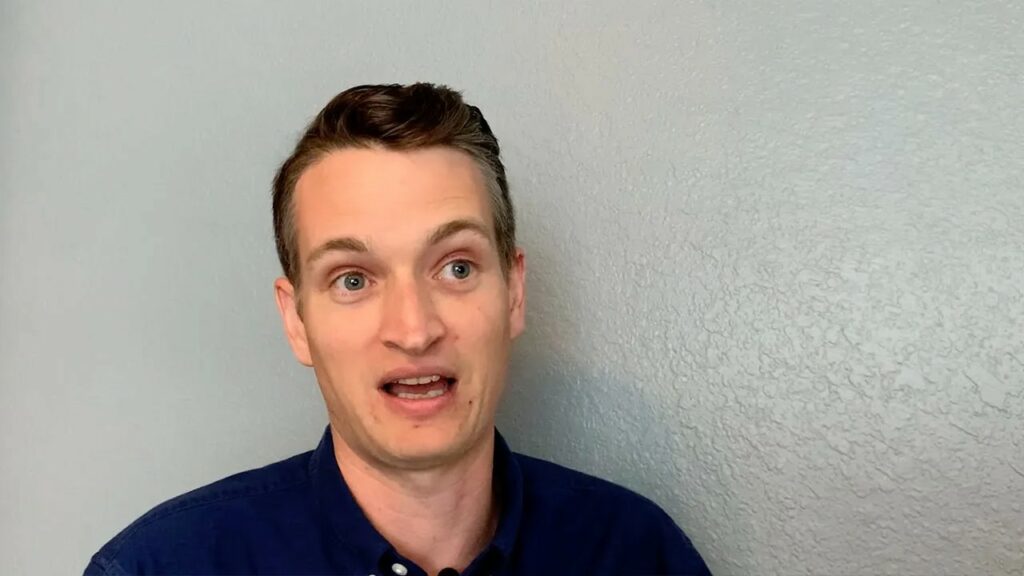After learning that your child has a serious medical condition, you may want to seek a second opinion.
It takes time to fully comprehend the weight of a CHD diagnosis, and parents often have more questions after the initial consultation. In addition to following up with your first physician, getting a second opinion from another physician can help address your questions or concerns about the diagnosis, prognosis, and treatment options for your child.
Every physician should understand how important your child’s care is to you, and support your search for information. It’s important for you to feel confident that you did everything you could to get the best care for your child.
It is your right to get a second opinion. The decision to get a second opinion does not need to be based on whether you trust your first physician. Even if you like them and feel comfortable with them, you may still want a second opinion because your priority is to understand your child’s medical condition.
Why Get a second opinion?
Get Clarity
You may understand the diagnosis and treatment plan better because another physician is able to explain it in a different way that makes the situation more clear to you.
Learn About Other Options
You may find more treatment choices through another physician or medical institution.
Discover a Misdiagnosis
It is rare, but you may discover a wrong first diagnosis that changes the treatment plan. Most of the time the diagnosis is unchanged, but that may help you feel more certain that the first physician did not make a mistake.
Gain Confidence
You may feel better prepared to make decisions after discussing your options and personal preferences with more than one physician. Hearing that multiple physicians agree on your child’s diagnosis and treatment plan may give you more confidence in your child’s care.
How to Seek a second opinion
PARENT TIPThe Internet Is NOT a second opinion
Sometimes parents find information on the internet that seems different from what their physician told them. It’s important to talk with your physician about this because they can address your concerns in the context of your child’s condition. Often the cases that you read about on the internet are not the same as your child’s condition, so the experiences may be very different from what you can expect.
The internet gives you access to a lot of information, but it should not hold the same value as advice from a medical professional. Instead, use the internet to research fetal cardiologists, fetal cardiology programs, or pediatric cardiology/heart centers in your area. Discuss your findings with your physician. Ask if they can give you additional information, or recommendations for support if you need them.
FAQs
Lauren Dubrouillet, Parent
Alaina Kipps, Physician
Julie Sachse, Parent
Theresa Tacy, Physician
See the full list of contributors to the CHD Care Compass
Last Update: November 2, 2021